Posted on 3/28/2025
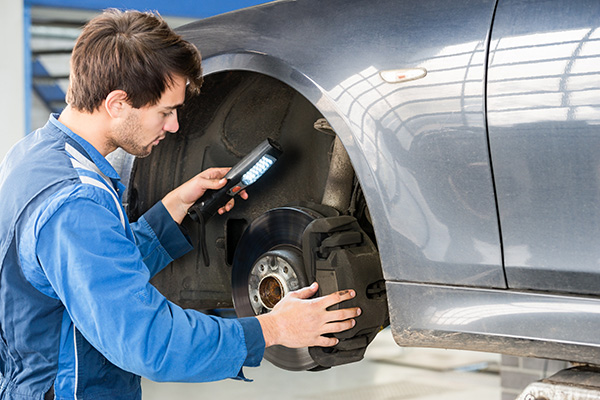
Your brakes are what stand between you and a potential accident, yet many drivers don’t think about them until there’s a problem. Worn-out brake pads and rotors don’t just affect stopping power—they can make every drive more dangerous and lead to expensive repairs if ignored for too long. Paying attention to the warning signs can help you stay ahead of brake issues and keep your car safe on the road. How do you know when it’s time for new brakes? How Do You Know When to Replace Your Brake Pads and Rotors Brake pads and rotors wear down over time, and while there’s no universal mileage for when they should be replaced, your car will usually give you warning signs when it’s time for new ones. If your vehicle exhibits any of these symptoms, it’s a strong indication that your brakes need attention. Unusual Noises While Braking One of the earliest and most noticeable signs of worn brake pads is noise. If yo ... read more
Posted on 2/28/2025
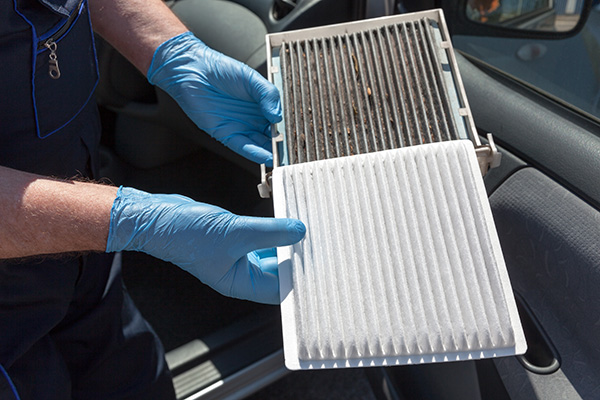
Your cabin air filter plays a crucial role in keeping the air inside your vehicle clean and free of dust, pollen, and pollutants. It works by filtering out contaminants before they enter your car’s ventilation system, ensuring that you and your passengers breathe fresh, clean air. But like any other filter, it doesn’t last forever. Over time, it clogs with dirt, debris, and allergens, reducing its ability to function properly. Neglecting to replace your cabin air filter can lead to poor air quality, reduced HVAC efficiency, and even potential health issues. If you’ve been ignoring this small but essential maintenance task, it’s time to reconsider. Reduced Airflow and Weaker Ventilation One of the first signs of a clogged cabin air filter is weaker airflow from your vents. Since the filter’s job is to trap contaminants, it naturally collects dust and debris over time. When it becomes too clogged, air struggles to pass through, making your ... read more
Posted on 1/31/2025
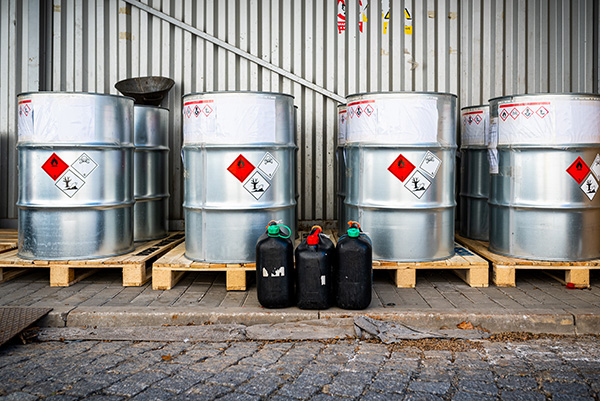
Ever wondered what happens to the dirty oil drained from your car during an oil change? It’s easy to think it’s simply discarded, but car repair shops follow a specific process to responsibly manage used oil. This is not just about keeping things clean—it’s also about complying with environmental laws and protecting the planet. Let’s take a closer look at how repair shops handle dirty oil and why it’s such a big deal. What Happens During an Oil Change When you take your car in for an oil change, the old oil is drained from the engine and replaced with fresh oil. This used oil, often filled with contaminants like dirt, metal particles, and chemical byproducts, can’t just be tossed in the trash. Why? Because it’s considered hazardous waste. One gallon of used oil can contaminate up to a million gallons of water if not handled correctly ... read more
Posted on 12/20/2024
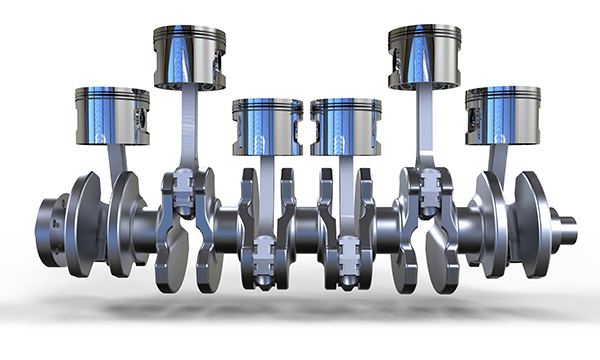
When was the last time your car had a tune-up? If it’s been a while, you might be missing out on better performance, improved fuel efficiency, and fewer breakdowns. A tune-up isn’t just an old-fashioned term for car maintenance. It’s an essential service that can breathe new life into your vehicle. From replacing worn-out spark plugs to checking the engine’s health, a tune-up ensures your car runs like it’s supposed to. But how exactly does it make a difference? Boosting Performance with a Tune-Up Over time, parts of your car’s engine wear out, get dirty, or simply stop working as efficiently as they should. Spark plugs, for instance, are small but mighty components responsible for igniting the fuel-air mixture in your engine. Worn spark plugs can cause misfires, sluggish acceleration, and even rough idling. A tune-up replaces these and other aging components ... read more
Posted on 11/29/2024
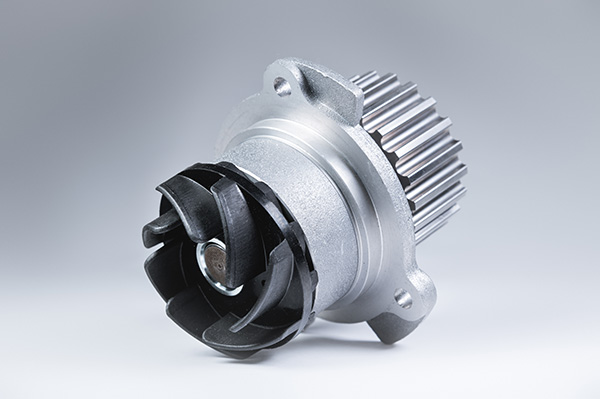
When it comes to your vehicle’s cooling system, the water pump is a key player. This component is responsible for circulating coolant through the engine to prevent overheating. But like any part of your car, it’s not immune to wear and tear. When a water pump begins to fail, it can cause serious damage to your engine if not addressed promptly. So, how can you tell if your water pump is on its way out? Coolant Leaks One of the first signs that your water pump may be in trouble is finding puddles of coolant under your car. The water pump has seals and gaskets that can wear out over time, leading to leaks. If you notice a bright green, orange, or even pinkish fluid on your driveway, it’s likely coolant. Don’t ignore these leaks—left unattended. They can lead to low coolant levels and, eventually, engine overheating. Leaking coolant can also be spotted around the front of the engine, where the water pump is located. If you’re frequent ... read more
Posted on 10/31/2024
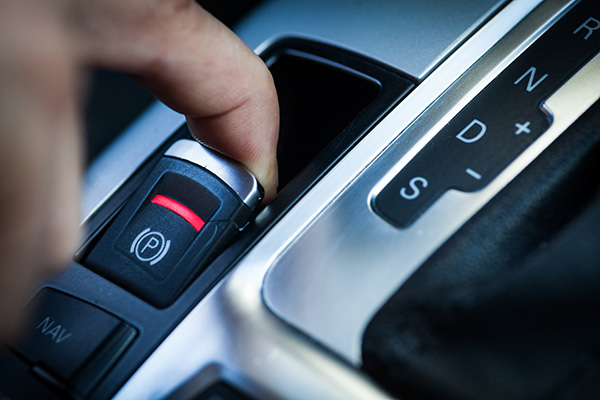
Parking brakes are an essential safety feature in every vehicle, yet they’re often overlooked until something goes wrong. Whether you're on a steep incline or just parked in your driveway, a reliable parking brake ensures that your car stays put. But what happens when the parking brake starts giving you trouble? Issues with parking brakes can range from minor annoyances to serious malfunctions, and ignoring them can lead to bigger, costlier problems. Parking Brake Won’t Release One of the most frustrating issues with parking brakes is when they won’t release. You’ve disengaged the lever or button inside the car, but the brakes refuse to let go. There are several possible reasons why this could happen, and they mostly have to do with the condition of your brake cables and components. Over time, rust and corrosion can build up on the parking brake cables, causing them to seize or stick. Cold weather can also play a role, as freezing tempera ... read more
Posted on 9/27/2024
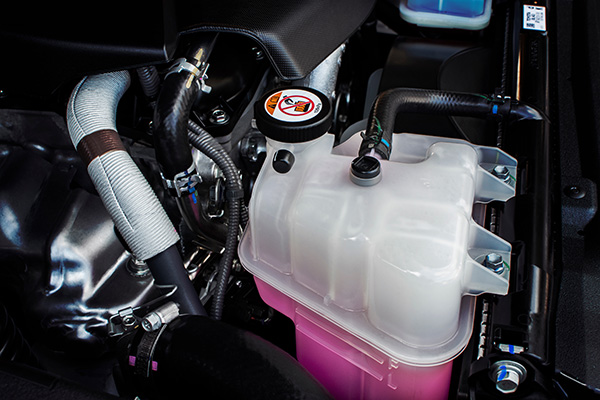
Your car’s cooling system plays a critical role in keeping the engine from overheating, making it an essential part of your vehicle’s health. Without proper maintenance, your engine could overheat, leading to costly repairs or even engine failure. But what exactly does maintaining your car's cooling system involve? We'll explore the key maintenance steps you need to keep your engine cool and running efficiently. Why Is the Cooling System So Important? Your car’s engine generates a lot of heat while running, and the cooling system ensures that this heat is kept in check. It circulates coolant (a mixture of water and antifreeze) throughout the engine to absorb excess heat and keep the engine at an optimal temperature. Without a well-functioning cooling system, you risk serious damage to your car’s engine, which could lead to expensive repairs or a complete engine replacement. Regular maintenance on this system helps prevent breakdowns ... read more
Posted on 8/30/2024
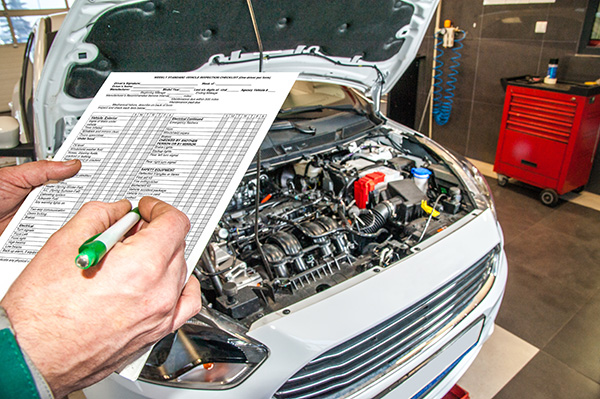
The hustle and bustle of a new school year can bring excitement and stress in equal measure. For parents, this means early mornings, late pickups, and a lot of time spent behind the wheel. As you prepare your children for their new academic adventures, it's important not to overlook the importance of getting your car ready for the school season. Ensuring your vehicle is in top condition can prevent unexpected breakdowns, enhance safety, and make those daily commutes much smoother. So, what should you focus on? Here are some essential car care tips to keep your family safe and your vehicle running smoothly during the busy school season. Check and Maintain Your TiresOne of the most important aspects of vehicle safety is tire maintenance. Your tires are the only part of your car that makes contact with the road, making them critical for safe driving. Start by i ... read more
Posted on 7/26/2024
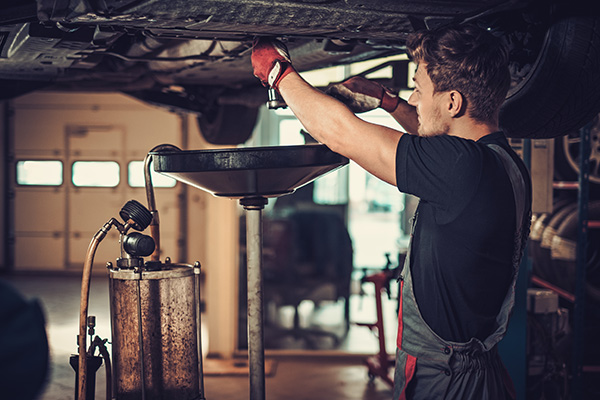
Have you ever wondered if an engine flush is the secret to a smoother, more efficient engine? For many car owners, the idea of purging the engine of built-up sludge and deposits sounds appealing. But is it really necessary and beneficial? We'll explain what an engine flush is, how it works, and whether it's a good idea for your engine's health. What Is the Engine Flush An engine flush is a process designed to clean out accumulated deposits, sludge, and contaminants from inside your engine. The procedure involves adding a special chemical additive to the engine oil, running the engine for a specified period to circulate the cleaner, and draining the oil and contaminants. The goal is to leave your engine's internals cleaner, which theoretically should help it run more smoothly and efficiently. Benefits of Engine Flushing One of the main advantages of an engine flush is that it can remove sludge and other deposits that build up over ti ... read more
Posted on 6/27/2024
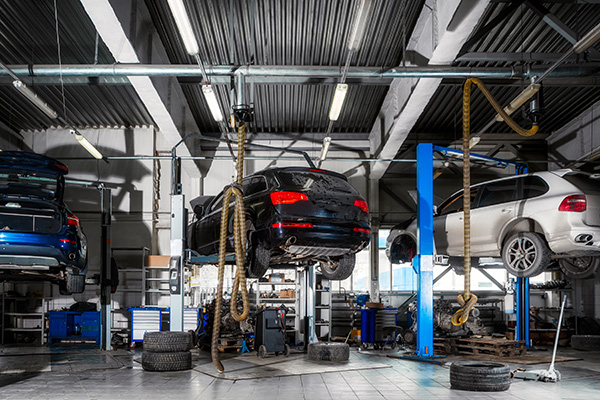
When it comes to maintaining and repairing your vehicle, the choice of where to take it is just as important as the work being done. While national chains and dealerships may seem like the go-to options, local repair shops often provide a superior experience that larger operations can't match. But what makes these local businesses stand out? Personalized Customer Service One of the standout features of local repair shops is the personalized customer service they offer. Unlike large chains, where you might feel like just another customer, local shops often go above and beyond to build client relationships. These small businesses thrive on repeat customers and word-of-mouth referrals, so they are more inclined to provide exceptional service to keep you coming back. When you walk into a local repair shop, you're likely to be greeted by name. The staff will remember your car and its history, providing a more tailored service experience. This level of atten ... read more